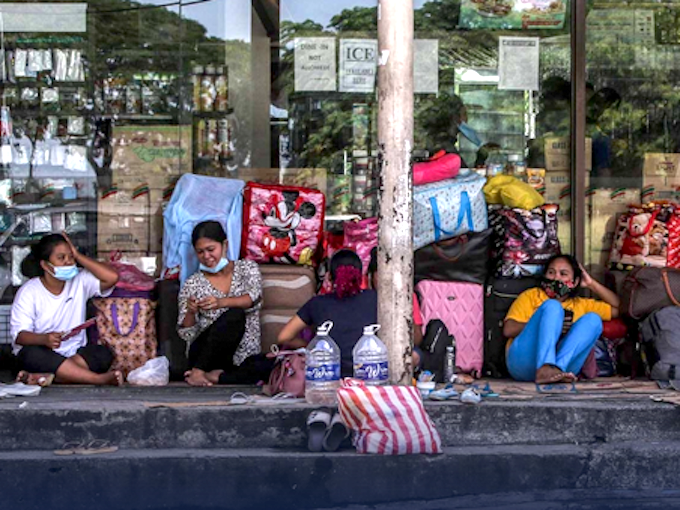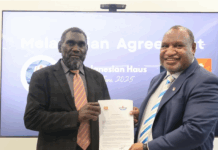
By Aika Rey in Manila
Most Filipinos remain stressed due to the coronavirus pandemic, pollster Social Weather Stations found in a survey earlier this month.
The SWS says 86 percent or close to 9 in 10 Filipinos said that the pandemic brought stress into their lives.
The July 3-6 survey was a follow-up from the one conducted in May, where 89 percent said they experienced stress because of the spread of covid-19.
READ MORE: Philippines faces baby book after lockdown hit family planning
At leat 51 percent of the 1555 surveyed said they experienced “great stress” while 35 percent answered “much stress.” Slightly fewer Filipinos at 10 percent felt “little stress” while those who did not stress over the pandemic remained at 4 percent of those surveyed.
Of those who felt great stress, 62 percent were among families who experienced involuntary hunger – lower than the May survey at 68 percent. Back in May, the majority of the areas around the country, Metro Manila included, was still under a lockdown.
SWS also found out that majority (55 percent) of those who answered this used to have jobs.
Those who experienced great stress were higher from Metro Manila and Visayas. Those who answered this declined in Visayas from 63 percent to 56 percent – still, the number remained high compared to other island regions Balance Luzon (49 percent) and Mindanao (46 percent).
Graduates stressed too
A majority of the surveyed junior high school graduates were also more stressed too at 58 percent, compared to 50 percent among non-elementary graduates.
The July 3 to 6 survey was a probability-based survey, conducted using phones and computer-assisted telephone interviews with 1555 adult Filipinos nationwide: 306 in the National Capital Region, 451 in Balance Luzon or Luzon outside of Metro Manila, 388 in Visayas, and 410 in Mindanao.
The nationwide survey has a sampling error of ±2 percent for national figures and ±6 percent for Metro Manila, ±5 percent for Balance Luzon, Visayas, and Mindanao.
On July 3, President Rodrigo Duterte signed the Anti-Terror Law, in the middle of the pandemic. The number of nationwide coronavirus cases at that day breached 40,000.
On July 5, the Metro Rail Transit Line 3 management announced that hundreds of personnel testing for coronavirus. This included ticket sellers.
Before the survey period, the Philippine government has already stopped giving cash aid to workers. Mass transportation had also resumed but at a limited capacity and much less number of units, leading to longer commute time and forcing commuters to take alternative transport arrangements.










































